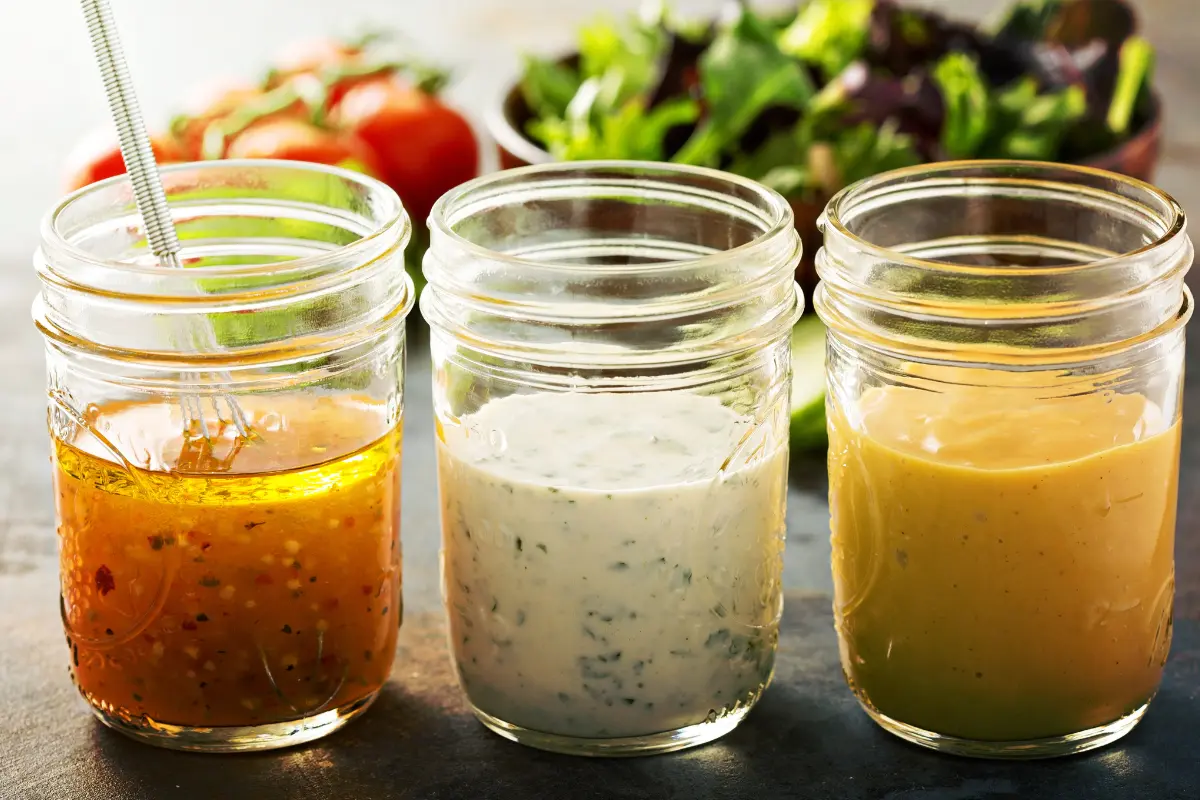
Are You at Ease with Food?
Food is something we interact with multiple times a day—it fuels our bodies, brings us joy, and often brings people together. But how we think about food? That can get messy.
Ever stress over choosing the “healthy” thing to eat, or the making the “right” choice for your weight loss goals? Ever feel like your brain turns into a calculator every time you open the fridge? You’re definitely not alone.
If food decisions feel more exhausting than empowering, it might be time to shift your eating mindset.
These five strategies are designed to help you take the pressure off, drop the guilt, and feel more grounded in your food choices so you can get back to focusing on the things that really matter.
Why Your Food Mindset Matters
It’s not just what you eat, it’s how you think about eating that shapes your experience. Do meals feel peaceful or stressful? Do you trust your body’s cues or second-guess everything? Do you eat to nourish yourself, or to fix yourself?
When your mindset around food is rooted in flexibility, curiosity, and self-awareness, everything becomes easier: social events, dinner with family, vacation meals, weeknight takeout. Food becomes a part of your life, not something you constantly have to battle.
The Role of Food in Life and Culture
Food isn’t just fuel. It’s connection. It’s part of your memories, your traditions, and your celebrations.
Think about birthdays, holidays, Sunday dinners, or spontaneous nights out with friends. Food is often at the center of those experiences, and for good reason! Sharing a meal is one of the oldest ways we bond as humans.
But beyond the joy it brings, food’s primary role is to nourish us—to keep our minds sharp, our moods stable, and our bodies strong. When your eating habits support your wellbeing, you can show up more fully for those important moments.
5 Mindset Shifts to Feel More at Ease with Food
1. Let Go of Restriction
The quickest way to lose trust in your own hunger and fullness cues? Constantly restricting your intake. Fad diets and plans with “off-limits” foods almost always backfire. Restriction leaves you feeling deprived, then frustrated, then stuck in a binge-restrict cycle (a.k.a. “I already blew it, I’ll start over on Monday.”)
Eating well shouldn’t feel like punishment. Does your diet pass this flexibility test?

2. Stop Labeling Foods as “Good” or “Bad”
Here’s the thing: food doesn’t have a moral compass. Calling foods “clean,” “dirty,” “good,” or “bad” creates unnecessary stress and often shame. It teaches you to judge yourself based on what you eat. But food isn't a test of your worth or discipline.
A balanced approach includes variety, flexibility, and yes, pleasure. Instead of obsessing over the “right” thing to eat, ask: What would satisfy me and support me right now? That’s a more powerful question than any label.
3. Focus on How Food Makes You Feel
Eating only for aesthetics, such as chasing a number on the scale or a certain pant size, will lead to burnout. Studies show that tying eating to an appearance or body goal may not have the long-term impact you hope for. A mindset built around feeling your best tends to be much more sustainable.
Start paying attention to how food affects your energy, digestion, mood, and sleep. What foods help you feel clear-headed? Which ones leave you sluggish? There’s no one-size-fits-all answer, and that’s the point—learn what works for you.
Start setting goals like:
I want to have energy in the afternoons.
I want to feel strong during workouts.
I want fewer mood swings throughout the week.
Those kinds of goals are not only more motivating, they’re more meaningful. And chances are, the nutritional needs for these goals are the same as for your aesthetic goals anyway.
4. Focus!
Mindless eating is easy. You eat in front of a screen, distracted and rushed, barely tasting a bite. You finish your plate and wonder if you even enjoyed it.
Mindful eating slows things down. It invites you to pay attention, savor flavors, notice how full (or still hungry) you are, and learn how food actually makes you feel. It’s less about perfection and more about presence.
Start with just one distraction-free meal a day. Sit down. Breathe. Chew slowly. You might be surprised how much more satisfying it is.
5. Create a Supportive Food Environment
Your surroundings shape your habits. If your kitchen is chaotic or your only options are snacks that leave you unsatisfied, it’s harder to make choices that serve you.
Set up your environment to reflect the kind of eater you want to be. Keep foods you feel good about eating in plain sight. Prep simple meals in advance. Organize your kitchen so mealtime feels calm, not stressful.
Even something as simple as lighting a candle or clearing the clutter off your table can shift the way you experience meals.
Food Doesn’t Have to Feel So Hard
If your current approach to food leaves you anxious, overwhelmed, or stuck in a cycle of “trying harder,” it might be time for something different.
Try one small shift this week:
Slow down at one meal.
Speak kindly to yourself after a snack.
Replace one rule with curiosity.
Little mindset tweaks can lead to big changes over time. And the more at ease you feel around food, the more energy you free up for the rest of your life.
Need guidance? You don’t have to go it alone.
If navigating food feels like something you can’t figure out on your own, we get it! Whether it’s emotional eating, recovering from years of restrictive dieting, or chronic frustration with your food choices, a coach can help.
Working Against Gravity nutrition coaching will help you develop lasting habits, build confidence in your choices, and approach food with more ease. Learn more about our 1-on-1 coaching and how it supports both your health goals and your mindset!
Schedule a Free Intro Call
Working Against Gravity has led the macro tracking and health space for over a decade. Our team doesn’t just understand the science of nutrition—we’ve spent years mastering the art of tailoring it to fit your life. That means no cookie-cutter plans, just real strategies that have worked for over 30,000 people.
Schedule a free call with our team to learn how working with a 1-on-1 WAG coach will help you reach your goals.



